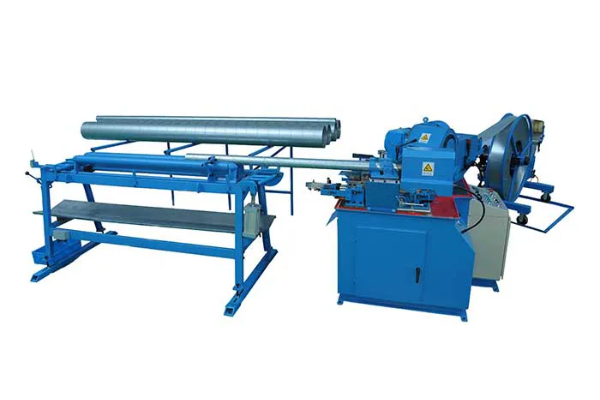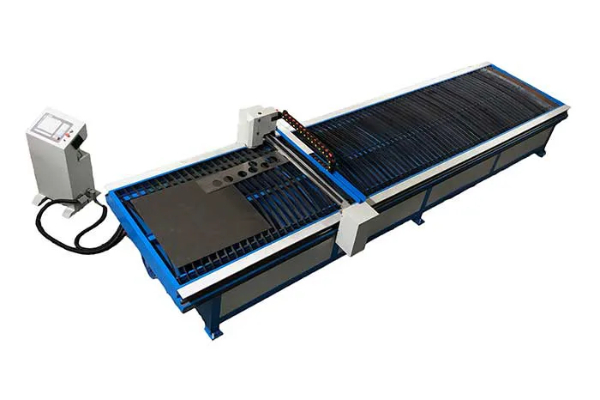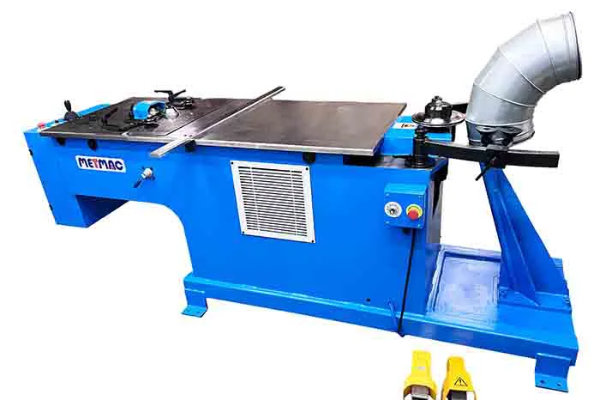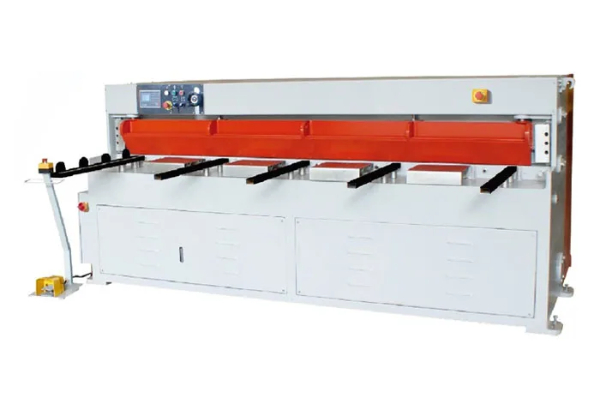
Comparing Different Types of Profile Roll Forming Machines
- By:Metmac
- 2024-06-12
- 112
Profile roll forming machines are essential equipment in various industries, including construction, automotive, and aerospace. They transform metal coils into complex shapes with precise dimensions and tight tolerances. With numerous types of profile roll forming machines available, selecting the most appropriate one for a specific application is crucial. This article analyzes the key differences between the main types of profile roll forming machines to guide readers in making informed decisions.
Types of Profile Roll Forming Machines
Profile roll forming machines come in three primary types:
CNC Roll Forming Machines
CNC (computer numerical control) roll forming machines utilize a computer program to control the machine’s movement. This enables highly precise and complex forming processes, making them suitable for intricate profiles. CNC roll forming machines offer greater flexibility and accuracy compared to other types.
Hydraulic Roll Forming Machines
Hydraulic roll forming machines rely on hydraulic pressure to power the forming process. They provide high forming speed and force, making them ideal for high-volume production of simple profiles. These machines are often less expensive than CNC machines but have limited flexibility and precision.
Mechanical Roll Forming Machines
Mechanical roll forming machines use gears and shafts to transmit power. They are typically the simplest and most affordable option, suitable for producing low-volume, less complex profiles. While mechanical roll forming machines are less precise than CNC and hydraulic machines, they offer ease of maintenance and operation.
Factors to Consider When Comparing Machines
When selecting a profile roll forming machine, consider the following factors:
Profile Complexity and Geometry:
The complexity of the desired profile determines the type of machine required. CNC machines excel at intricate profiles, while hydraulic and mechanical machines are better suited for simpler shapes.
Production Volume:
The production volume influences machine speed and efficiency. High-volume production requires faster machines like hydraulic roll forming machines, while low-volume production may justify slower, less expensive options.
Material Thickness:
The forming process depends on material thickness. CNC and hydraulic machines can handle a wider range of thicknesses, while mechanical machines may have limitations.
Accuracy and Precision:
CNC machines provide the highest level of accuracy and precision, while hydraulic machines offer moderate accuracy, and mechanical machines have tolerances suitable for less demanding applications.
Cost and Maintenance:
Machine cost and maintenance costs vary among types. CNC machines are generally more expensive but offer greater flexibility, while mechanical machines provide a lower-cost option with simpler maintenance.
Conclusion
Choosing the right profile roll forming machine is crucial for efficient and accurate metal forming. By understanding the different types of machines and considering factors such as profile complexity, production volume, material thickness, desired accuracy, and cost, manufacturers can make informed decisions that lead to improved production capabilities and cost savings.
-
Reliable Sheet Metal Equipment for Sale to Support Precision Fabrication
2025/07/17 -
Advanced Duct Machine AC and Fabrication Solutions from Metmac
2025/07/12 -
The Advantages of Using a Sheet Roll Forming Machine in Manufacturing
2024/09/14 -
How to Optimize Your Laser Sheet Cutting Machine for Maximum Performance
2024/09/12
-
Innovative Solutions from Leading Duct Machine Manufacturers
2025/07/21 -
Efficient Sheet Metal Fabrication with Advanced Duct Folding and Beading Machines
2025/07/21 -
High-Quality Duct Grooving and Sealing Machines for Efficient HVAC Manufacturing
2025/07/21 -
Advanced Sheet Metal Machinery for Precision Fabrication
2025/07/17
-
A Guide to the Latest Innovations in Sheet Metal Folding Machines
2024/11/29 -
Key Features to Consider When Investing in a Sheet Metal Folding Machine
2024/11/28 -
Enhancing Precision with Advanced Sheet Metal Folding Machines
2024/11/27 -
How to Choose the Right Sheet Metal Folding Machine for Your Workshop
2024/11/26





